Android One - smartphones for the masses - releasing today!
As promised in Google I/O 2014, much awaited Android One is set to release today, September 15, 2014. This photo from Android One event with a...
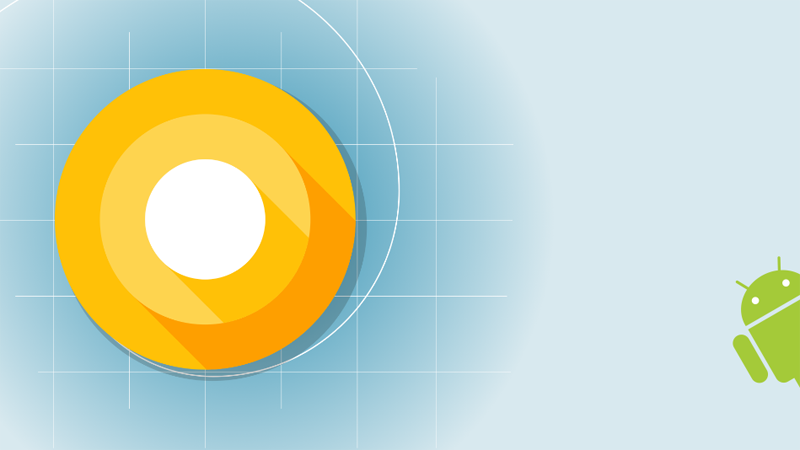
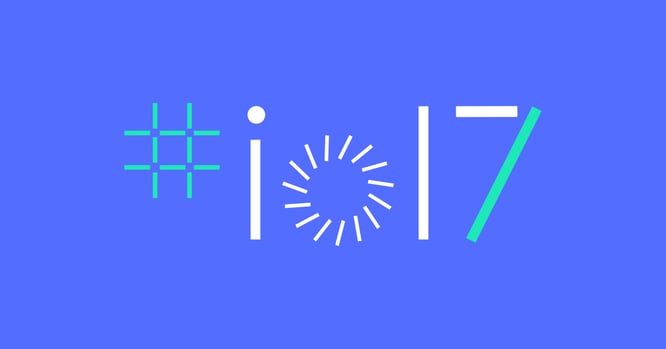
Google concluded its developer conference Google I/O on 20th May 2017. The keynote saw the CEO Sundar Pichai laying out the company's future roadmap for Android, Google Home, Virtual Reality and much more.
We have seen a huge shift in Google's keynote announcements in the past few years - what was once dominated by people doing stunts and extreme sports wearing Google glasses has now been replaced with insights of what they have been doing and what they are trying to do for developers.
Here are the 10 most important announcements from Google I/O 2017
Google Assistant is going beyond Android and coming to iOS. It is a standalone app available for the iPhone and iPad. While it doesn't offer all the features from the Android counterpart, most of the features remain the same as the Android version.
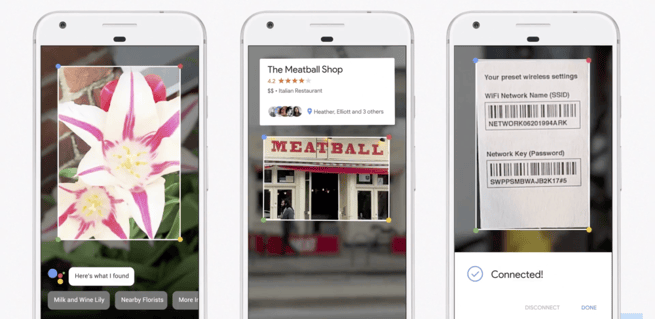
Google Lens is a technology Google is releasing with vision-based computing abilities. Google Assitant can now use Google Lens and analyze things around you. The Assistant will analyze your surroundings and display content which is more context-aware. Lens can "see" what you are looking at using the device camera and offer information on it. Think pointing to a bird and Lens telling you what species the bird is - or pointing to a storefront and viewing its ratings.
The best part about this is, Lens can let you scan the label on your Wifi router and connect to the network immediately from your Android phone.
Others have added AI to the smartphone camera before - Snapchat and Instagram using face recognition to add filters to faces. But what Google is offereing using Lens is much more than plain image or face recognition.
Google's machine learning system can now analyze the contents of an email in the Gmail app (for both iOS and Android) and can suggest quick replies. This is a big step in making life easier for its users. Based on user responses, the algorithm is only going to get better with time.
Over the coming months, Google Home owners will be able to use it to place free calls in the United States and Canada - like Amazon Echo's changes. You can either use Google's private number for these calls or tie it to your own mobile phone number. It also supports multi-user setup. Initially, the service will be limited to only outgoing calls though.
Apart from this, Google is making Home much more powerful. It will now be able to control Hulu, SoundCloud, HBO Now and much more. Google is also opening Home's Bluetooth radio - so you will be able to use it like a Bluetooth speaker.
Home will also be able to work with Google Assistant and show information on a connected screen - like calendar events or Google maps on a connected phone or Chromecast-connected TV. Google is leaving no stones unturned in trying to connect all its products and services.
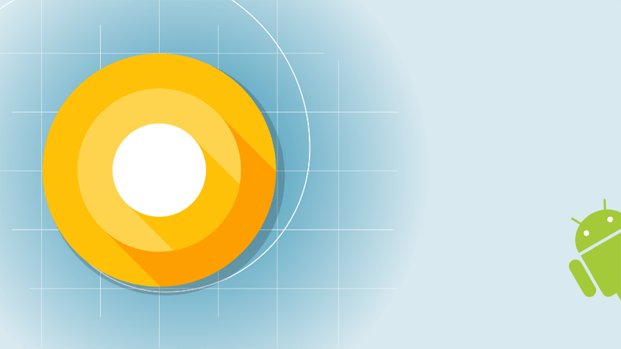
Google first released the Android O developer preview in March. Last Wednesday, it announced some new features which will be added to Android O when it is officially released for the public. Some highlights from the announcements for Android O
a. Picture-in-picture support which will allow Android users to shrink a video/photo/any other app into a corner of the screen and continue using the phone while the video plays.
b. Notifications are also seeing huge enhancements in Android O. Notification Dots will be tiny chat heads - long tap on a Dot will open a preview of the notif which can then be dismissed, seen in detail or tapped to view the app
c. An Auto-fill feature will work across third-party apps and make things like logins much easier
d. Smart Text Selection makes selecting words and phrases much easier. On-device machine learning will make the process smarter as the OS keeps learning
e. Android O will also include enhancements to something Google calls Vitals. The first feature Vitals includes is Google Play Protect, a kind of virus checker that can scan apps
f. Android O will also speed things up using wise limits which stops apps from using too many resources or draining the battery
g. The biggest announcement from a developer perspective was the support for programming language Kotlin that Google announced for Android development. Android Studio 3.0 release will ship with Kotlin out of the box - so no installing anything extra or worrying about compatibility
h. Google is also releasing a full suite of profiling tools with Android Studio 3.0 to help programmers diagnose performance issues
Google Photos is getting some amazing updates. Google is adding something called Suggested Sharing. Google Photos will recommend you to share photos you have uploaded with people that it recognizes in the photos. It has also introduced Shared Libraries - allowing multiple people to add images to a central collection - much like Apple's Photo streams. But Google is giving a much more control over what you share - whether an entire library or just photos from a specific date or photos which include specific people.
Google is also introducing photo books for those who prefer having physical prints.
Daydream announced last year by Google helped vendors bring high quality VR experience to mobile devices. But now Google is planning on releasing stand-alone VR handsets which won't require a smartphone or PC to power the VR experience. Put it on and voila! The headsets will track virtual space using something called "WorldSense".
Google also announced Visual Positioning Service (VPS) which will enable next-gen AR experiences and indoor guidance. Google is also adding Augmented Reality features to its education product Expeditions.
Yes, that is the number Sundar Pichai gave out during the keynote - Android's tally of monthly active devices has surpassed 2 billion. This includes smartphones, tablets, Android wear devices, Android TVs and other gadgets using Android as the OS
This is what Google will use to get to the next billion - Android Go is a version of the Android operating system built for entry-level devices. It will be optimized for use in data-restricted environments. Built on top of Android O, Android Go requires less memory, storage and data in order to run.
Android Go will have its own Google Play Store version with apps best suited for developing economies having access to cheaper phones.
Google for Jobs is a suite of products which will help users find jobs and help employers find candidates. Jobs can be searched from Google's search box and a new card-based interface will show available jobs - all without even leaving Google. Google for Jobs will leverage machine learning and AI to determine how jobs are classified. Users will be able to filter jobs by position, type, location and part- or full-time classification among others.
Google for Jobs will be designed to work with existing career sites like LinkedIn, Monster, CareerBuilder etc.
Sundar Pichai has maintained that the company's future depends on machine learning and algorithms that learn and improve on their own. Everything from Google Photos to Google Assistant is based on this. In the keynote, their next gen Tensor Processing Unit (TPU) was announced which is a specially-designed chip that can work with their TensorFlow platform.
This chip makes building AI on Google's platform very efficient. Google is slowly transforming its cloud computing platform into Android for AI with this new chip - which is huge.
NewGenApps is a leading developer of apps for Android and iOS. If you are looking for mobile apps for your business or idea, get in touch.
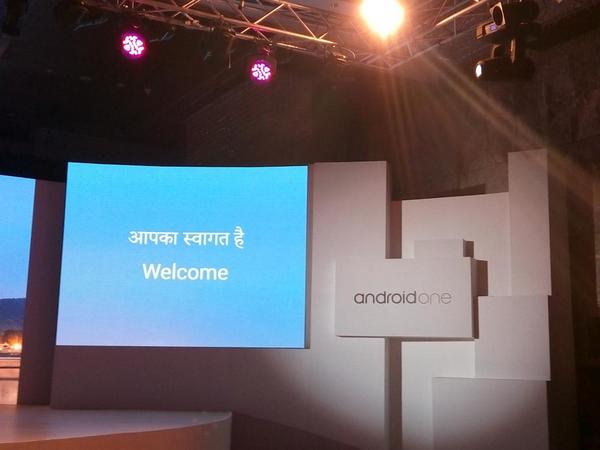
As promised in Google I/O 2014, much awaited Android One is set to release today, September 15, 2014. This photo from Android One event with a...
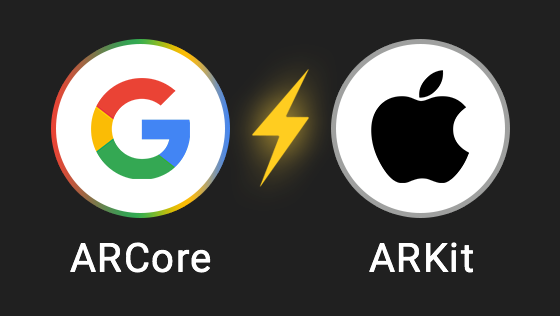
Google and Apple have been in a face-off to surpass the other in the field of new and innovative technologies on their respective OS platforms....